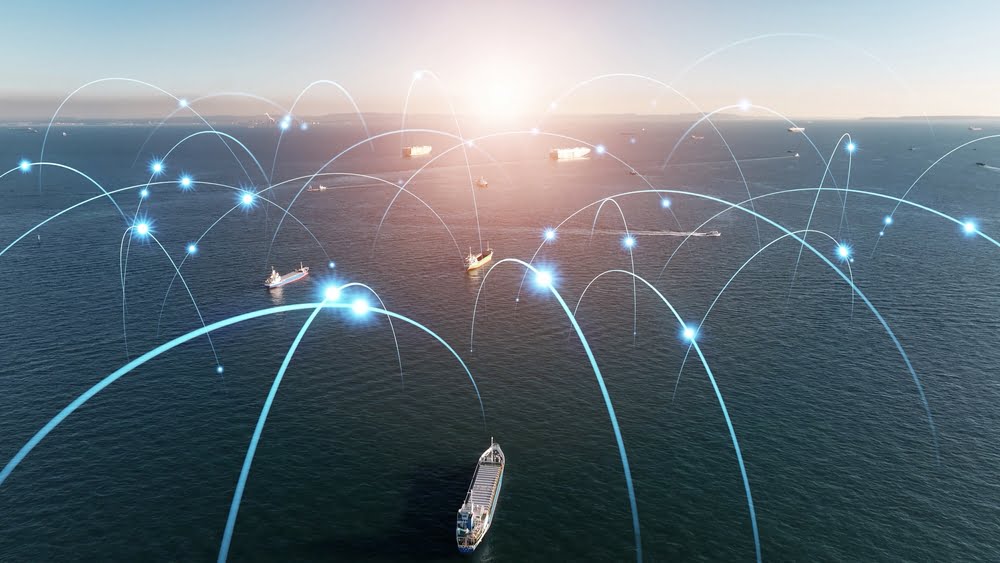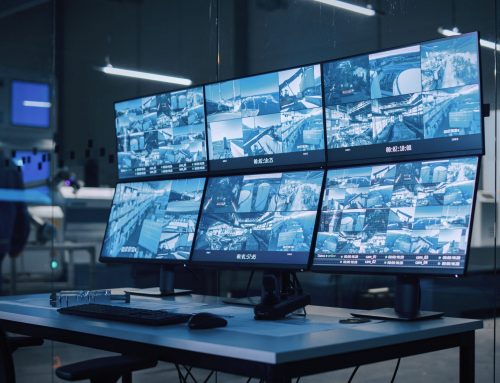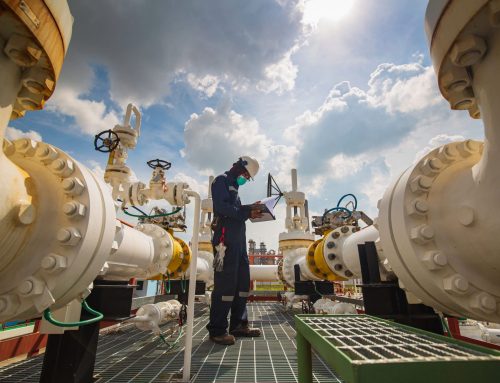The maritime industry has seen continued growth since it began its strong recovery from COVID-19. This has cultivated ideal conditions for innovation across the board, with new technologies being developed to help facilitate faster, safer shipping.
And though growth will slow as the cost-of-living crisis ensues, the climate crisis means we cannot put the brakes on innovation.
The International Maritime Organization (IMO) clearly outlined where our priorities must lie for the next decade in the 2030 Agenda for Sustainable Development, which pushed for more robust regulation of the atmospheric emissions produced by ships.
Such initiatives have been bolstered by the pledges made at the recent COP2 conference, with the US, Norway and the Netherlands vowing to support zero-emission shipping routes known as ‘green shipping corridors’.
So, as international leaders work to build a more sustainable maritime landscape, it is also time for marine electronics manufacturers to consider their role in limiting the industry’s negative effects.
Examining the environmental impact of the maritime industry
The maritime industry currently accounts for 3% of global greenhouse emissions, with the effects of these harmful gases becoming increasingly difficult to ignore — particularly as average temperatures soared in the UK this summer. And experts believe shipping could be responsible for 10% of global greenhouse emissions by 2050 if we do not act soon.
Thankfully, the maritime industry is not short of opportunities to help the planet.
Aquaculture projects can help meet the ever-growing demand for seafood without disturbing the natural environment. Above the sea surface, there are also ample opportunities, including large-scale renewable energy projects such as wave energy and offshore wind farms. These projects are one of the most effective ways to minimise the global reliance on CO2-emitting fossil fuels and are especially useful in the wind-rich UK.
The best way to tackle the maritime industry’s environmental impact, though, is to reassess shipping methods.
More than 80% of international goods are transported by sea, meaning the maritime industry can be made much more sustainable with net-zero shipping methods. Net-zero shipping can be achieved with innovative solutions that cut CO2 emissions — many of which are already in use, thanks to recent advances in maritime technology and electronics manufacturing.
New developments in marine electronics manufacturing
Automation and digitisation are key to reinventing shipping methods. Take gearless steering as an example. These electronic systems allow vessels to turn in any direction with greater speed and accuracy than non-automated technology, cutting fuel consumption by up to 20%.
This digital transition has been particularly useful for improving efficiencies in processing and shipping as the industry adapts to increased demand due to the popularity of online shopping.
Electrification has also brought the maritime industry closer to sustainability goals, as swapping traditional ship components for those not running on fossil fuels drastically reduces carbon emissions even when used in hybrid vessels.
Equally, sensors and GPS in onboard equipment can be used to gather precise, real-time information that helps ships plan the most efficient route from start to finish.
A range of information — including weather and sea conditions — can be collected automatically via sensors and generate valuable insights using advancements in machine learning (ML), allowing users to make informed, data-driven decisions for more efficient fuel usage.
Implementing sustainable manufacturing practices
To ensure a truly sustainable solution, the electronics themselves — including the components and subassemblies — must also be manufactured sustainably. As such, marine electronics manufacturers need to implement eco-friendly practices across all parts of the manufacturing process…
Use better raw materials
Traditional raw materials used in electronics manufacturing, such as mercury and lithium, can pollute the surrounding environment when disposed of. Swapping these for sustainably sourced, green materials like aluminium and iron alloy is one way to prevent this issue and tackle the industry’s problem with e-waste.
Commit to recycling efforts
Conforming to Waste Electrical and Electronic Equipment Device (WEEE) regulations is crucial to maintaining eco-friendly electronics disposal methods. Although this is a requirement for UK businesses, encouraging staff and customers to recycle electronics responsibly can go a long way in helping to reduce the impact of electronics on the environment.
Minimise packaging
We also cannot underestimate the role that packaging plays in energy consumption in the electronics industry, as repeatedly wrapping products in poor-quality materials is wasteful and unsustainable. Instead, electronics manufacturers should invest in quality packing materials and only use packaging where it is absolutely necessary. Making smaller products also minimises the amount of packaging required, which can be achieved with space-conserving component design.
Build durable products
Developing durable, long-lasting components is the best way to make electronics more sustainable. Marine electronics manufacturers must work to the highest possible ingress protection standards, IP68 and IP69K, to ensure components can withstand tough sea conditions. Potting, encapsulation and conformal coating can be used to seal products, ensuring that elements like salt spray do not interfere with product performance.
Work with electronics manufacturing experts
EC Electronics has been working on maritime electronics projects since our inception in 1984. During this time, we have helped manufacture electronics for use in windscreen wipers for boats, engines for inland waterways and radars or satellite uplinks, all of which have been developed to the highest possible quality and safety standards. Using sustainable practices like the above — alongside our strategic sustainability objectives, which are under constant review — has kept our operations up to date with the industry’s ever-changing demands.
We have also been ISO 14001-certified since 2012, allowing us to meet environmental regulations and continuously monitor the impact of our processes on the planet. We plan to continue building on our sustainability efforts as we grow and will work closely with clients and suppliers to identify risk factors and resolve any environmental concerns.
We pride ourselves on our approach to delivering high-quality electronics solutions to the marine sector. To discuss how we can help implement sustainability in your next maritime electronics project, call us at +44 (0)1256 461894 or email sales@ecelectronics.com.









